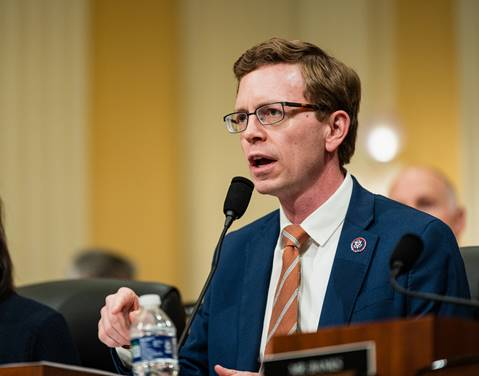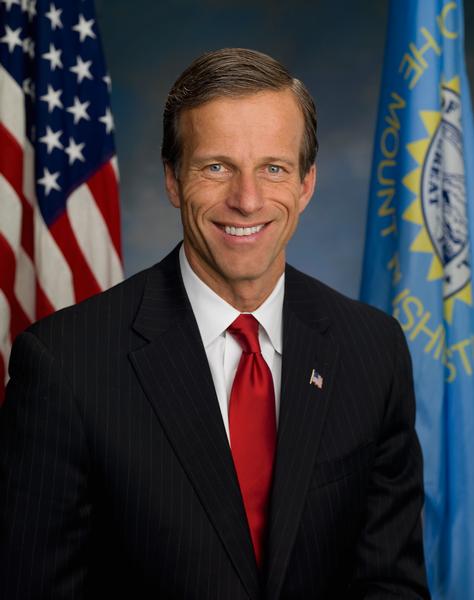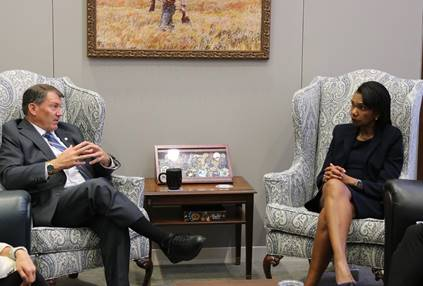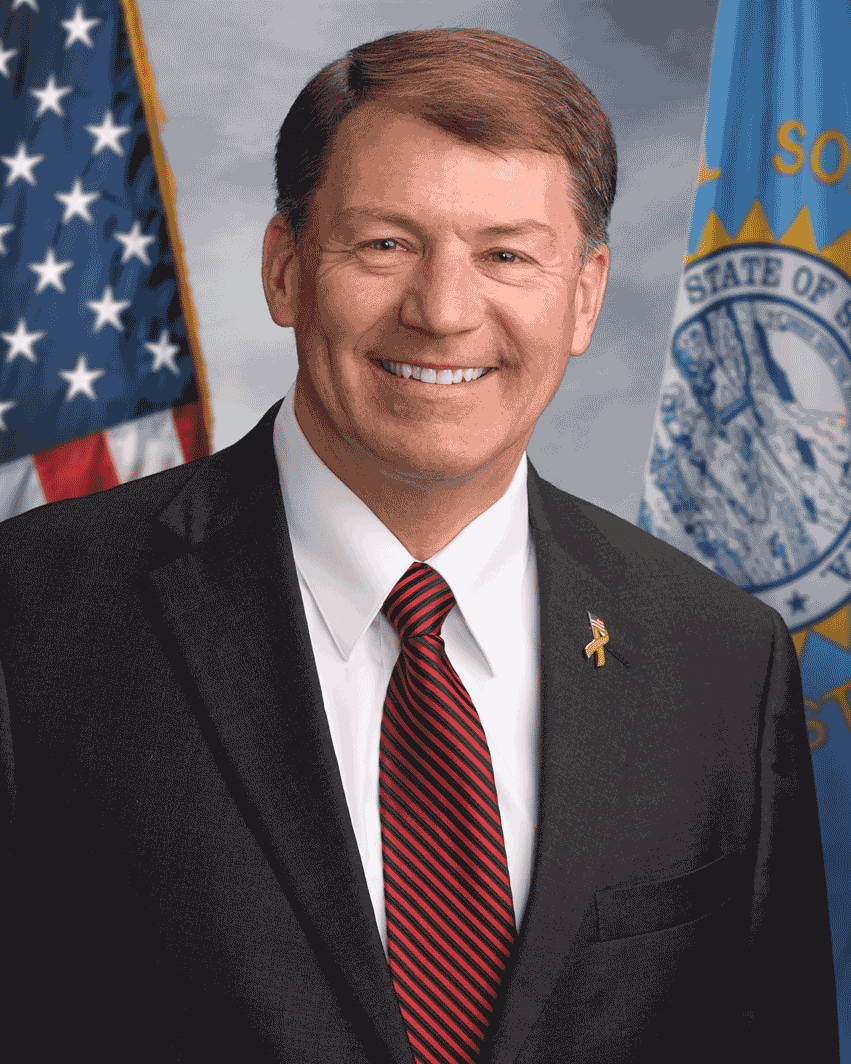Biofuels Caucus Bill to Update EPA Greenhouse Gas Modeling
Biofuels Caucus Bill to Update EPA Greenhouse Gas Modeling

Washington, D.C. – Biofuels Caucus Co-chairs Dusty Johnson (R-S.D.) Adrian Smith (R-NE), Angie Craig (D-MN), and Mark Pocan (D-WI) introduced the Adopt Greenhouse Gases, Regulated Emissions, and Energy Use in Transportation (GREET) Act to direct the Environmental Protection Agency (EPA) to update its greenhouse gas modeling for renewable fuels.
The Adopt GREET Act would require the EPA to adopt the Argonne National Lab’s GREET Model for renewable fuels. EPA would then be required to update its modeling every five years or report to Congress to affirm its modeling is current or otherwise explain why no updates were made.
“The EPA’s current greenhouse gas modeling is limiting adoption of homegrown renewable fuels,” said Rep. Johnson. “In contrast, the GREET model takes into account the full lifecycle of renewable fuels – from a farmer’s field to fuel pumps – and gives consumers a more accurate picture of the benefits biofuels offer. We should be using the best science available and that’s exactly what this bill does.”
“Agencies must use up-to-date, scientifically accurate modeling to ensure we keep pace with the latest technologies and innovations,” said Rep. Smith. “It is crucial EPA adopts the GREET Model to fully reflect the positive impact of biofuels on emissions reductions. Not only does the model reinforce the positive contributions of American farmers and ranchers, it also makes agriculture products and byproducts more competitive exports. As co-chair of the Biofuels Caucus, I thank Reps. Johnson, Pocan, and Craig, as well as our colleagues in the Senate, for their partnership in reinforcing the competitiveness and sustainability of American energy.”
“Homegrown biofuels are tools we have at our fingertips right now to help address climate change – and it’s critically important that the EPA’s data accurately reflects that,” said Rep. Craig. I’m proud to be working across the aisle to pass this bill and make sure the true benefit that homegrown biofuels bring to our environment, economy and ag communities is recognized.”
“This bipartisan bill will help our country harness the power of innovation and science to drive cleaner, more efficient transportation solutions,” said Rep. Pocan. “This commonsense legislation directs the EPA to use the latest tool already used by other federal agencies – the GREET model – to fully capture the impact that biofuels have in making our transportation choices more eco-friendly. Thank you to Reps. Johnson, Smith and Craig for joining me in introducing this vital piece of legislation.”
“We appreciate Reps. Johnson, Smith, Craig and Pocan for leading the reintroduction of legislation, which will ensure the global gold-standard modeling tool for lifecycle greenhouse gas emissions will be used to properly value corn ethanol’s carbon footprint when establishing future regulations impacting biofuels. Enactment of this bipartisan bill will ensure ethanol plays a significant role in decarbonizing the transportation sector,” said Brian Jennings, CEO of the American Coalition for Ethanol.
“This legislation would go a long way to ensure that renewable fuel regulations are based on sound science and current data, not obsolete information and speculative theories. The Argonne National Laboratory GREET model is recognized around the world as the gold standard for analyzing the lifecycle GHG impacts of renewable fuels like ethanol, regularly updated to reflect efficiency improvements and technological advancements in the fuel production process. We thank Representatives Dusty Johnson, Adrian Smith, Angie Craig and Mark Pocan for your efforts to require scientific integrity and accuracy in federal government regulatory actions on renewable fuels,” said Geoff Cooper, President and CEO of the Renewable Fuels Association.
“The GREET Model isn’t just the most accurate, complete tool for lifecycle analysis; it’s also a critical part of securing a successful future for America’s biofuels producers and the rural communities they support. The Adopt GREET Act is a commonsense piece of legislation that would give producers greater certainty and allow for homegrown bioethanol to play an even bigger role in decarbonizing the transportation section. We applaud the introduction of this bill in the House by Representatives Johnson, Smith, Craig, and Pocan, and hope to see it quickly approved and signed into law,” said Emily Skor, CEO of Growth Energy.
The Adopt GREET Act is cosponsored by Reps. Mariannette Miller-Meeks (R-IA), Nikki Budzinski (D-IL), Ashley Hinson (R-IA), Eric Sorensen (D-IL), Ron Estes (R-KS), Mark Alford (R-MO), Mike Bost (R-IL), Brad Finstad (R-MN), Randy Feenstra (R-IA), Zach Nunn (R-IA), on Bacon (R-NE), and Jake LaTurner (R-KS).
The Adopt GREET Act is supported by the Renewable Fuels Association, Growth Energy, American Coalition for Ethanol, National Corn Growers Association, South Dakota Corn Growers Association, POET, Gevo, and the National Oilseed Processors Association.
View full bill text here.
###









